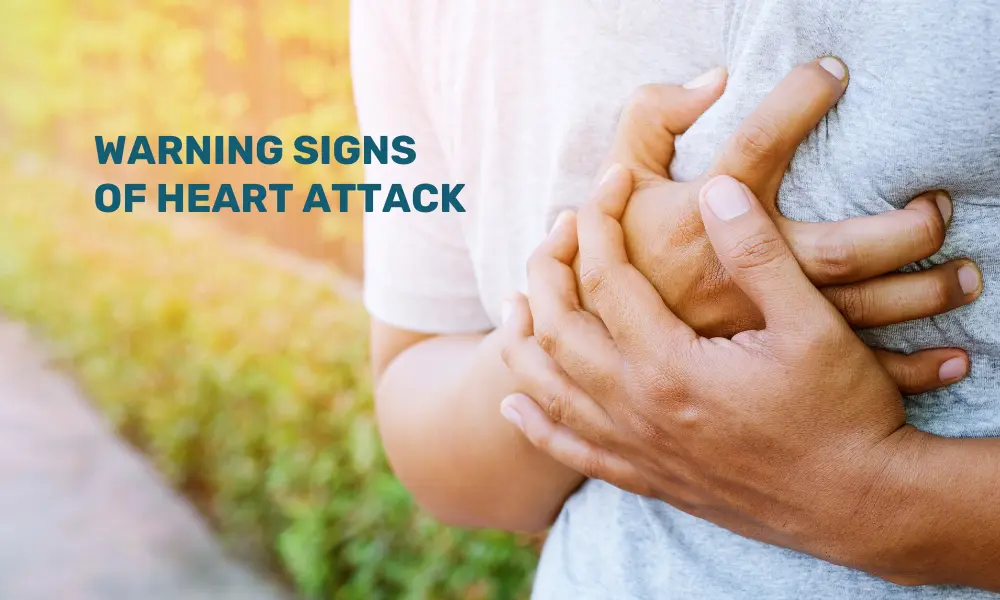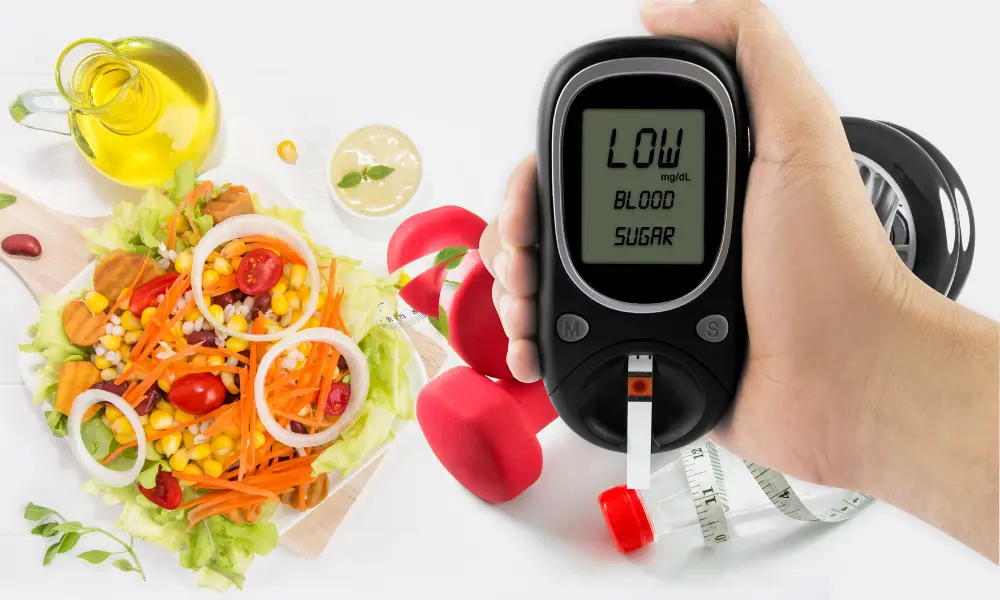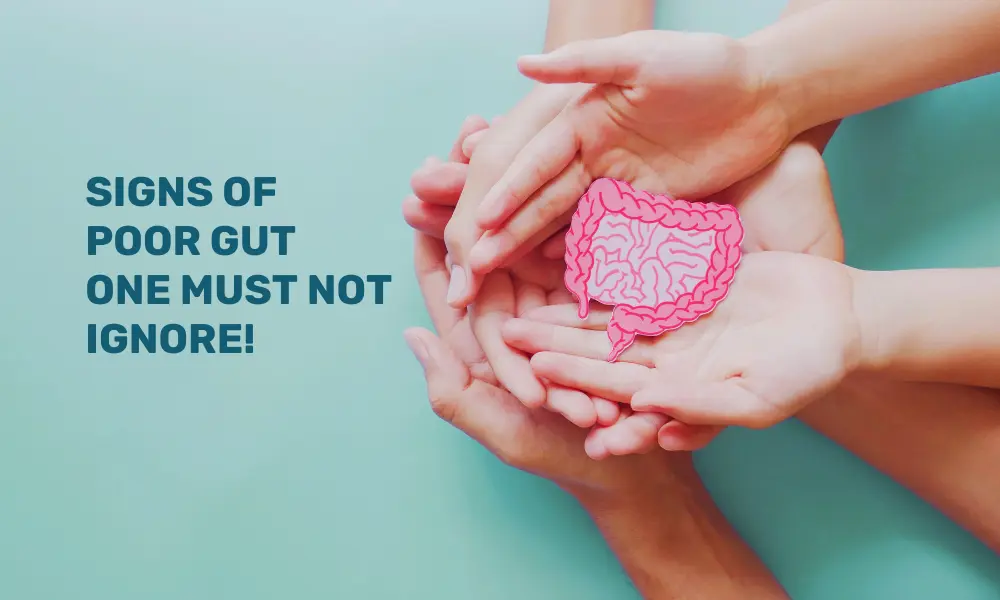When it comes to heart attacks, many of us imagine a dramatic clutch of the chest, gasping for breath, and collapsing to the ground. However, this image reflects the male pattern of symptoms. In women, heart attacks often arrive with far more subtle, unfamiliar signals, quietly signaling distress—only to be dismissed as exhaustion, anxiety, or something they “just need to sleep off.”
What makes it dangerous is not just the silence but the misinterpretation by both women themselves and, at times, medical professionals. According to the Centers for Disease Control and Prevention (CDC), cardiovascular disease remains the leading cause of death for women, yet the signs are often non-classic and under-recognized.
Here is a list of six key ways women’s heart attack symptoms can differ from men’s—grounded in research and real-world stories.
1. Fatigue that feels oddly heavy
It is not uncommon to feel tired. But when the body starts to feel drained for no clear reason—walking a short distance feels exhausting, or lifting grocery bags feels like a workout—that could be your heart struggling.
This fatigue is unique because it’s persistent, unexplained, and disproportionate to the effort. It can show up days or even weeks before a heart attack.
2. Nausea, indigestion, or cold sweats
Women are more likely than men to experience digestive discomfort during a heart attack, nausea, bloating, and even vomiting. Sometimes, it’s mistaken for food poisoning or acid reflux, especially when accompanied by cold sweats or dizziness. The problem? These symptoms are easy to brush off, especially during a busy day or late at night when they might seem harmless.
3. Pain that shows up in unexpected places
Heart pain doesn’t always stay in the chest. In women, it often radiates to the jaw, neck, shoulders, upper back, or even the arms. This isn’t a sharp stab but more of an ache, pressure, or discomfort that seems out of place. It might feel like:
-
A pulled muscle in the upper back
-
A sudden jaw tightness or toothache
-
Shoulder heaviness that doesn’t go away
Because this pain doesn’t always align with what we imagine heart pain to be, it’s often misattributed to muscle strain, posture, or even dental issues.
4. A sense of unease; feeling “off”
Call it intuition or physiology, but many women describe a feeling of dread, anxiety, or something not being quite right in the hours or days before a heart attack. Sometimes, this is the only symptom before a major cardiac event. It may not be panic—just a vague, persistent sense that something isn’t okay.
5. Shortness of breath, even without exertion
Breathlessness isn’t always about lungs. For women, difficulty breathing can be a heart signal, especially when it arises suddenly or feels unrelated to movement. It might feel like:
-
You’re out of breath after minimal effort
-
You can’t lie down without gasping
-
Breathing becomes shallow during daily chores
This can occur without chest pain and often mimics anxiety. But when paired with other symptoms, it is worth investigating.
6. Chest discomfort that doesn’t play by the rules
While chest pain is the major sign of a heart attack, in women, it may feel less dramatic. It might not even be a pain—sometimes, it’s described as fullness, squeezing, or a sense of tightness that lingers, radiates, or disappears after a while. For some women, the sensation feels more like indigestion or heartburn. Others may feel a subtle pressure that isn’t sharp enough to raise red flags—yet it’s the heart, asking for help.
In a Nutshell
Women’s bodies communicate differently, and their hearts are no exception. These symptoms don’t always appear together and might not follow a pattern. That’s what makes them tricky, and that’s why knowing the quieter signs matters. If you notice anything unusual, especially a combination of symptoms that don’t feel like you are “normal,” trust your instincts and seek medical attention. Because knowing your heart is not just about pulse and pressure. It is about honouring your intuition, body language, and right to speak up—even when the signs aren’t loud.
This article is meant for informational purposes only and must not be considered a substitute for professional advice.





